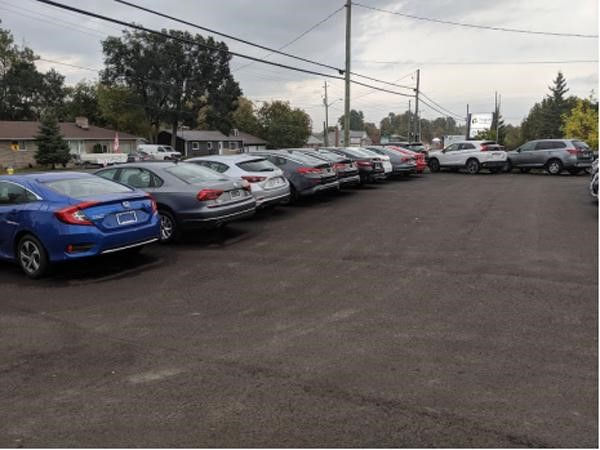Getting a vehicle history report when buying a used car is a crucial step. It offers you a window into the vehicle’s past. The information in the history report is vital in making an informed decision regarding buying the car or not.

Check out the details you’re likely to see in the vehicle history report.
Accidents records
The car history report tells you whether the car has ever been involved in an accident or not. Proof about this is collected from insurance companies, state motor vehicle departments, law enforcement agencies, and collision repair workshops. Accidents are likely to have severe damage to the car body or airbag deployment. Be careful if the car has ever been involved in an accident.
You can get a trusted mechanic to inspect for you. This allows assessing the quality of the repairs and structural issues. For a car with a severe collision in its history report, request for documentation of the repairs. This allows getting to know the nature of the repair shop that fixed the errors. Noticing that the car has ever been in an accident gives you a chance to negotiate a lower price.
Presence of other damage
Not every car damage comes from collisions. Fortunately, you can find a used car dealer in Ottawa who offers vehicle history reports for vehicles in its inventory. The report will show other causes of damage to the car, including hail, flood, or fire damage.
Despite hail damage being easy to fix, avoid flood or fire damaged cars for coming with hidden costs. Those kinds of accidents compromise the safety of the car. And, car dealers usually sell them miles away from the location of the incident.
Recovery or stolen
The vehicle history report also indicates whether the car has ever been reported stolen and not recovered. Buying such a car puts you at risk of getting put behind bars. If the report says the car has ever been stolen but recovered, check when taken and when found. Did the period last for years or months? If yes, the car was abandoned and is most likely to have an uncertain overall condition.
Title history
Information regarding the title history of the car is in the history report. A title that has switched hands multiple times in a short period indicates previous owners attempting to wash negative information of the vehicle. The history report shows the car title with a brand to include any issues with the car.
A car labelled salvage shows an indication from the insurance company that it’s not repairable and a total loss. Some unscrupulous person might have done some basic repairs to get it on the road before attempting to sell it to you. When getting a new title, it’s branded salvage in the history report. Purchasing this car comes with a risk of discovering safety issues and hidden damage. And, you’re likely to find a hard time selling the vehicle or getting financing.
Number of previous owners
Buying a used car with a single previous owner is strongly recommended. This has more title value compared to a vehicle with multiple previous owners. The information about a car’s previous owners is collected from public records.
A pre-purchase inspection is necessary for a vehicle that has had single ownership by an individual, fleet operator, or rental company. The history report will reveal whether the previous owner acquired it through a load or car financing. And, the information will show any loan that needs paying before transferring the car title into your name.
Mileage on the odometer
The odometer reading of a car is recorded at various points in its life cycle. This can be during a change of ownership, registrations, major services, or during inspections. These records are reflected in the car history report. The numbers on the odometer should match those in the history report. Any variation should be a red flag to consider another car unless given a solid explanation.
Some scams in the used car market involve rolling back the odometer. Fortunately, modern dashboards backed with a comprehensive history report now make this harder to pull off. However, some dealers might swap the whole odometer. Therefore, check the vehicle history report thoroughly to avoid getting scammed.
Other essential details to check in the vehicle history report include:
- Details about servicing the car
- Past inspection and registration
- Location and place of past sales
Bottom line
Buying a pre-owned car is a cheaper way to drive the vehicle of your dreams. Fortunately, there are various ways to finance the purchase of a used car. However, make sure to choose a car dealership that offers car history reports. Check the report for details such as past ownership, accidents, and mileage on the odometer to get good value for your hard-earned money.